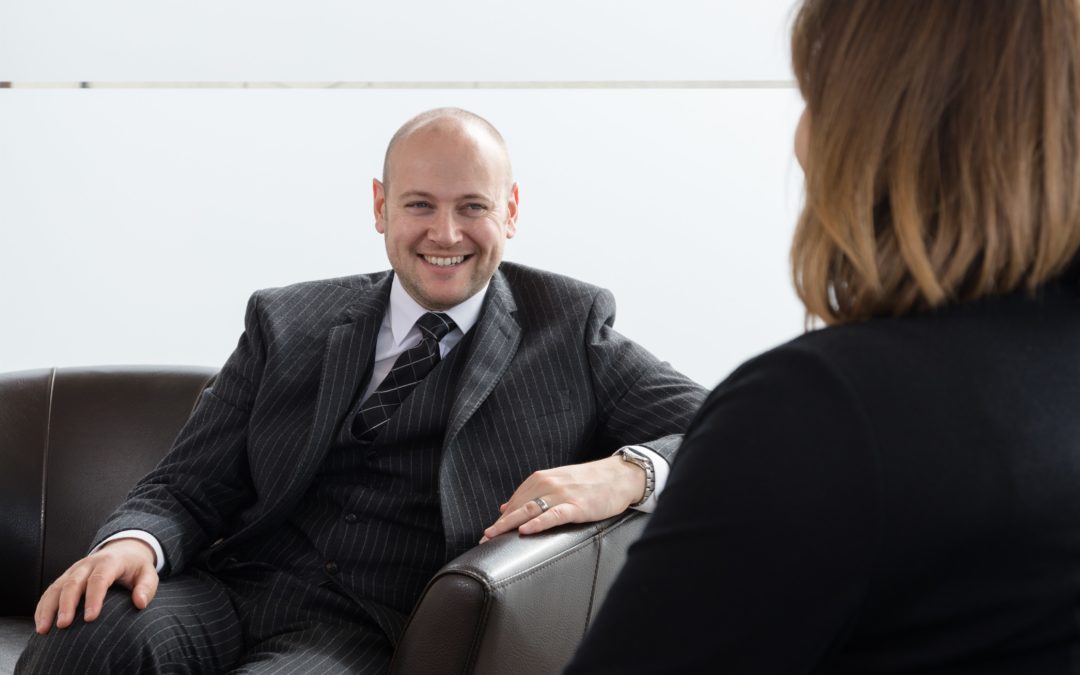Death, grief, bereavement are still taboo subjects for many of us in the UK. So when we hear of someone coping with loss, it’s true that many of us will have a moment of doubt as to what to say. And sadly, it’s highly likely to lead to us shying away or glossing over the loss in a bid to be “normal”.
In our experience – and we have a lot of it – there are many ways we can be supportive without being awkward. Here’s three things to consider:
1. Don’t ignore them, or ignore the loss. A client of ours who lost his wife of 54 years sums it up: “I’ve been bereaved. I’ve not contracted a contagious disease.” If we avoid people who are already in pain, we simply isolate them further.
2. Speak about their loss. Yes, we suggest you actually raise the subject. The absence of their loved one is real every minute so you’re not opening a new wound. Instead, you’re giving them a chance to speak about it which is the most healthy thing to do. And it may provoke emotions – again this is a common reason to avoid chatting – but it will pass. Listening and allowing them to process this new reality is one of the kindest things you can do.
3. Repeat 2. Simple really. It’s often the case that bereaved people start to lose their networks of friends, colleagues, or acquaintances. At a funeral we did last year, the deceased instructed all those at her funeral to “Keep me in your thoughts and [her husband] David in your diaries.” As time moves on, it’s important to maintain links and help those facing a loss.
On a more general note:
- Don’t assume a loss is devastating; it may have been a welcome relief after a long illness
- Don’t say you know how they feel as their loss is personal to them
- It’s easy to compare but this is about them, not you
- Make practical promises that you can deliver
For those who have been suffering as a result of a loss, we can offer practical help. We can access counselling from professional bereavement specialists either as one to one or group sessions. Every branch of ours has a free range of printed resources: guides and books. And in many of our locations, we either host drop-in sessions, coffee mornings, or arrange bereavement care programmes.
Get in touch with us to find out what’s happening near to you.



